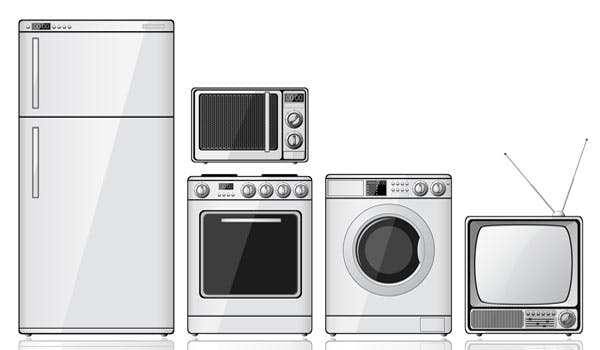Not all small businesses know what is meant by the term ‘Internet of Things’ (IoT), but those that do are excited about it.
According to research commissioned by AVG, around half of small businesses understand what is meant by IoT – yet, 15 per cent think it is a type of email system – nearly double the number seen in other countries in the study.
Barb Edson, General Manager of Marketing at Microsoft, succinctly describes IoT as a group of physical objects that use embedded technology to share info about the internal and external state of that object.
The most commonly used ‘real world’ examples of the IoT, would be things like the internet fridge. For example, one day soon a consumer may link their smart phone to their fridge, and receive push notifications when they’re out of milk, butter, eggs etc.
In Australia for Microsoft’s public preview of its new intelligence systems service – an IoT service that allows users to securely connect, manage and capture data off their devices – Ms Edson says that IoT is really a simple concept that’s blown up and become a huge buzzword.
“There’s 200 billion connected devices, and it’s noisy – everyone is talking about it. It’s become a consumer buzzword as well, people talking about having their toasters and their fridges connected and so on.
“Frankly, that’s really having enterprise executives confused, because they’re at home thinking about the connectivity of their appliances, and how do I relate that to my implementation – doing something tangible with IoT, within my enterprise?” Edson says.
While it’s still in its infancy, providers such as Microsoft are starting to roll out IoT solutions.
“We’re talking, not about the internet of everything, but of your things. How do you connect the devices you already have? How you get just one or two additional pieces of information off your devices to drive bigger impact?” Edson says.
To do this, the solution is to start small, connect the devices a user already has, and really consider exactly what information and the data is being sort from those devices – for example, predictive maintenance, or location services.
Looking specifically at small business, AVG found the majority (84 percent) believes IoT will bring fresh opportunities for their business over the next two to three years.
Michael McKinnon, Security Advisor at AVG Technologies AU, said until now much of the debate and discussion around the IoT has centred on big business – yet small business is starting to see the opportunities for their own operations.
“From the research it is interesting to see that while small businesses share great enthusiasm for IoT, their concerns over cost, complexity and risk show clearly that they expect it to be a mixed blessing,” McKinnon said. “We as vendors now have a responsibility to demonstrate to them that IoT will give them mobile access to a 21st century world of devices and data that, if managed safely and efficiently, will radically enhance their day-to-day operations.”
Asked to list their concerns about Internet-connected devices, small businesses named their top three as:
- Cost – 45 per cent said that cost is a reason preventing them from implementing the Internet of Things.
- Complexity – data security (48 per cent) and backups (33 per cent) would become more complex.
- Risk – Half of respondents think the IoT will result in their organisation being more open to security breaches or hacking. More than a third (48 percent) of those surveyed agreed that security software aimed at IoT would put their mind at ease.
The AVG research interviewed more than 2,000 small businesses in Australia, the UK, North America and Canada.
It also showed that there is much more to do to help them understand what IoT actually means (only 57 percent understood IoT to mean IP connected devices capable of being activated/deactivated over the Internet) and how mobile technology might be used to manage them.

